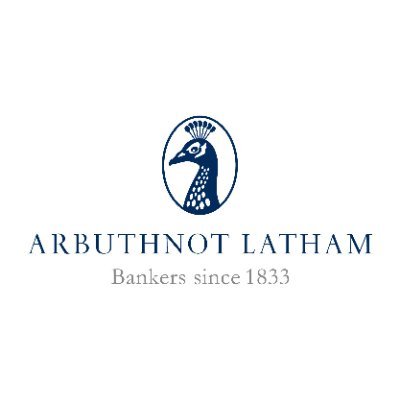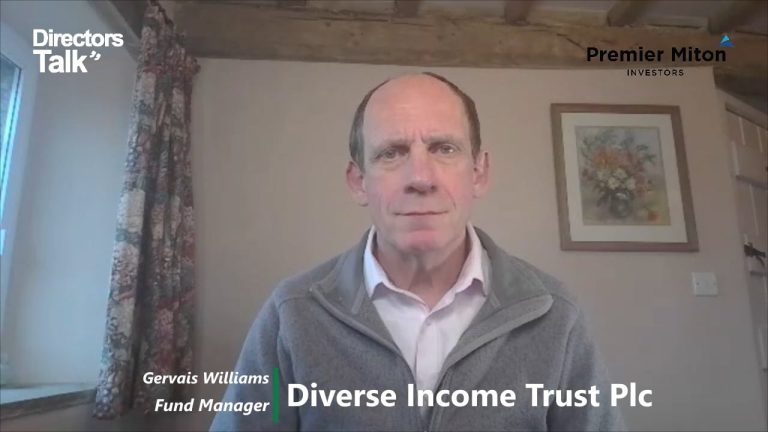Arbuthnot Banking Group plc (LON:ARBB) is the topic of conversation when Hardman & Co’s Analyst Mark Thomas caught up with DirectorsTalk for an exclusive interview.
Q1: You called your recent note “1H’21 results: a return to profitable growth?”. Can you give a short summary of your key findings?
A1: The key highlight from 1H’21 is that Arbuthnot Banking Group is back on track. To quote from the Chairman’s statement: “The growth trajectory of the loans …. should see the Group end the year with customer assets at the levels we had forecasted for 2021 prior to the pandemic”.
In contrast, today’s share price is 1,015p, against 1,350p in January 2020. The accounts were complicated by gains on acquisition, bonus accruals, a property writedown, Dubai closure costs and a mortgage portfolio gain on sale. Adjusting for these, underlying profit was £1.6m, so ABG is back in profit.
Also, it did not release credit provisions, which has been a feature of a number of other banks reporting their interim results. Importantly, the franchise is also back to growth: loans 12% (9% organic) and deposits 12%, and gross inflows were 17% of opening AUM.
Q2: And perhaps a few of the numbers?
A2: Profit before tax was £3.0m (1H’20: £0.2m). Banking operating income rose £2m, to £38.5m, and Asset Alliance (AA) added £2.8m. Costs rose £14m (including £6.5m of prior-year bonuses and £2.6m of property writedowns). Bad debts halved, to £865k. The core equity tier 1 ratio was 12.5%.
Q3: And you said ABG had not released credit provisions like other banks. Is this a worry or conservatism?
A3: Net impairments halved to £865k (1H’20: £1.7m). The IFRS9 expected credit loss assumptions were stable, with impairments still based off 87% chance of downside scenarios where house prices are expected to fall between 5% and 40%. Overall, credit was robust, with falling Stage 2/3 exposures (later arrears) and lower forbearance. Most of the impairments were in the new business AA (£400k) with a small amount in the mortgage book (£289k). Given the robust credit performance, and the current macro-outlook, ABG’s approach appears conservative rather than being a worry.
Q4: And, looking further forward, what can you tell us about the strategic direction of the firm?
A4: For the first time, ABG has outlined, in detail, how it sees its strategic future over the medium term. The core private bank becomes roughly a third of the group, from a position when, in 2016, following the disposal of Everyday Loans and STB, it accounted for almost the entire group. In summary, ABG is a diversified mix of small business finance companies, earning strong returns on capital (23%-33%). The group has been transformed from a relatively stable private bank, with a high-return specialist personal lending business, into a stable private bank, with a high-return specialist SME business. Given trends in regulatory intervention and the dramatic impact of claims management companies in the personal space, this transition appears both well-timed and well-positioned.
Q5: I saw its capital ratios had fallen. Does Arbuthnot Banking Group have the resources to achieve its strategic plan?
A5: The capital surplus was £53m (FY’20 £84m), with a core equity tier 1 ratio of 12.5% (FY’20: 15.4%) and a total capital ratio of 15.2% (FY’20: 18.7%). These ratios have fallen due to loan growth (12%), a net higher average weighting and a modestly lower IFRS9 transition allowance. While the ratios fell in this period, within the six months, ABG had funded nearly a third of the medium-term strategic growth it had previously outlined.
Looking forward, we expect accelerated profit growth as the franchise build already seen starts to deliver earnings. This will help support further growth and management advises that, on the current outlook, it does not see a need for an equity raise to achieve the strategic plan. Liquidity is also important and the liquidity surplus at the end of June was £526m (December 2020: £600m, March 2020: £300m), with deposits £0.9bn above loans (December 2020: £0.8bn).







































